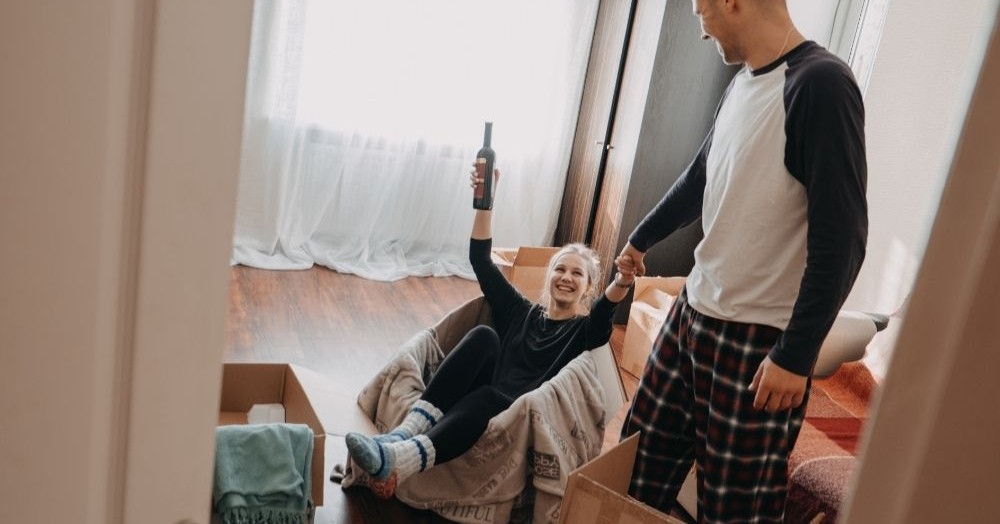
15 crucial tips every tenant needs to know
There can be a lot to think about when renting your new home. You may be busy packing, enjoying your first taste of independence, or even planning out your first housewarming, but ensure that in all the craziness, you don’t forget about the important, boring stuff which could save you a major headache down the line.
Following these golden rules will ensure a happier process for all:
1. Create a monthly budget.
As well as rent, you also need to consider bills, fees, travel and food.
2. Make a good impression.
The property isn’t the only thing being looked at – a landlord wants a tenant who appears professional, polite and prompt.
3. Get your references lined up as rentals often move fast.
Once you've decided, move quickly with your offer. Make sure you have enough cash set aside for the first month's rent and deposit.
4. Before you sign any contracts, you need to complete an inspection of the property with either the agent or landlord.
Whilst the landlord is not required to fix anything, they cannot hold the tenant liable for the damages at the end. An outgoing inspection is also a necessity.
5. As a tenant, you should thoroughly read through the lease agreement.
Take notes and write down any questions that you have. This agreement is also the perfect place to note down any maintenance issues that the landlord has agreed to fix.
6. Follow the lease agreement.
If it says no pets or that you can’t hang pictures up, then don’t.
7. Ensure you have contents cover and that your deposit is covered in The Tenancy Deposit Protection Scheme.
8. Shop around for energy suppliers.
Just because it isn’t your property doesn’t mean that you can’t change. You could even save hundreds by switching. It is also important to take a meter reading when you move in.
9. Communication with your landlord is key.
Don’t go overboard but keep them in the loop about the property and should there be a problem regarding rent payment, tenants must notify the landlord in advance.
10. Make sure you know where the stopcock is.
This is the off-switch for all water in your home. Hopefully you'll never need it but it’s a necessity to know if a pipe bursts.
11. Be nice to the neighbours and respect them.
12. Be aware that your landlord should ask before entering.
They should get in touch in advance to arrange a time that is suitable for you and if they do enter without your permission, you can contact Citizens Advice.
13. Give the full notice.
Landlords want a tenant who is reliable and if you leave on good terms, you are more than likely to get a good reference.
14. When your contract nears the end, take pictures of the property as evidence that you have left it in a good condition.
15. Redirect your post and update all addresses.
Finally treat the property as if it was your own and remember that a happy landlord makes for a happy renting process!